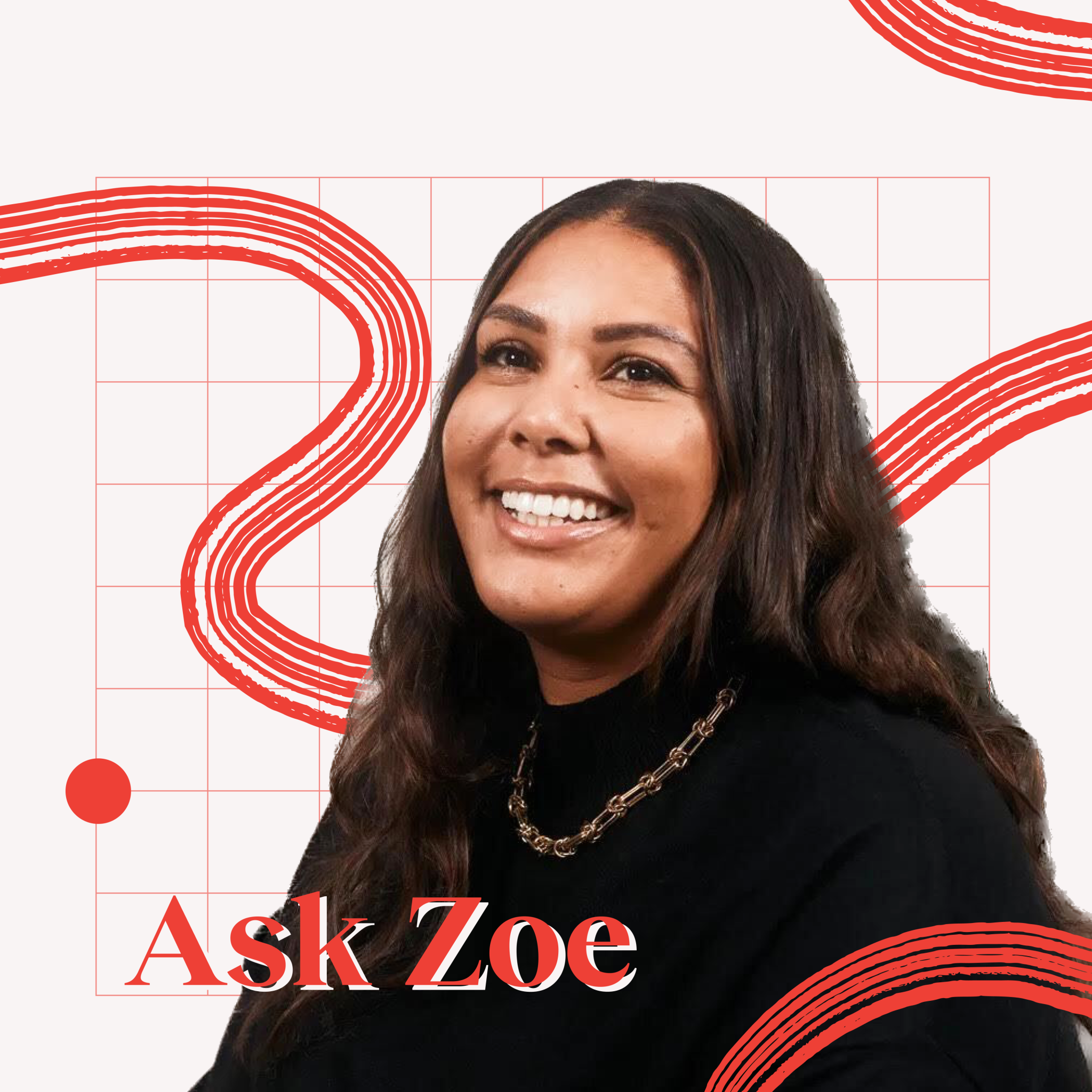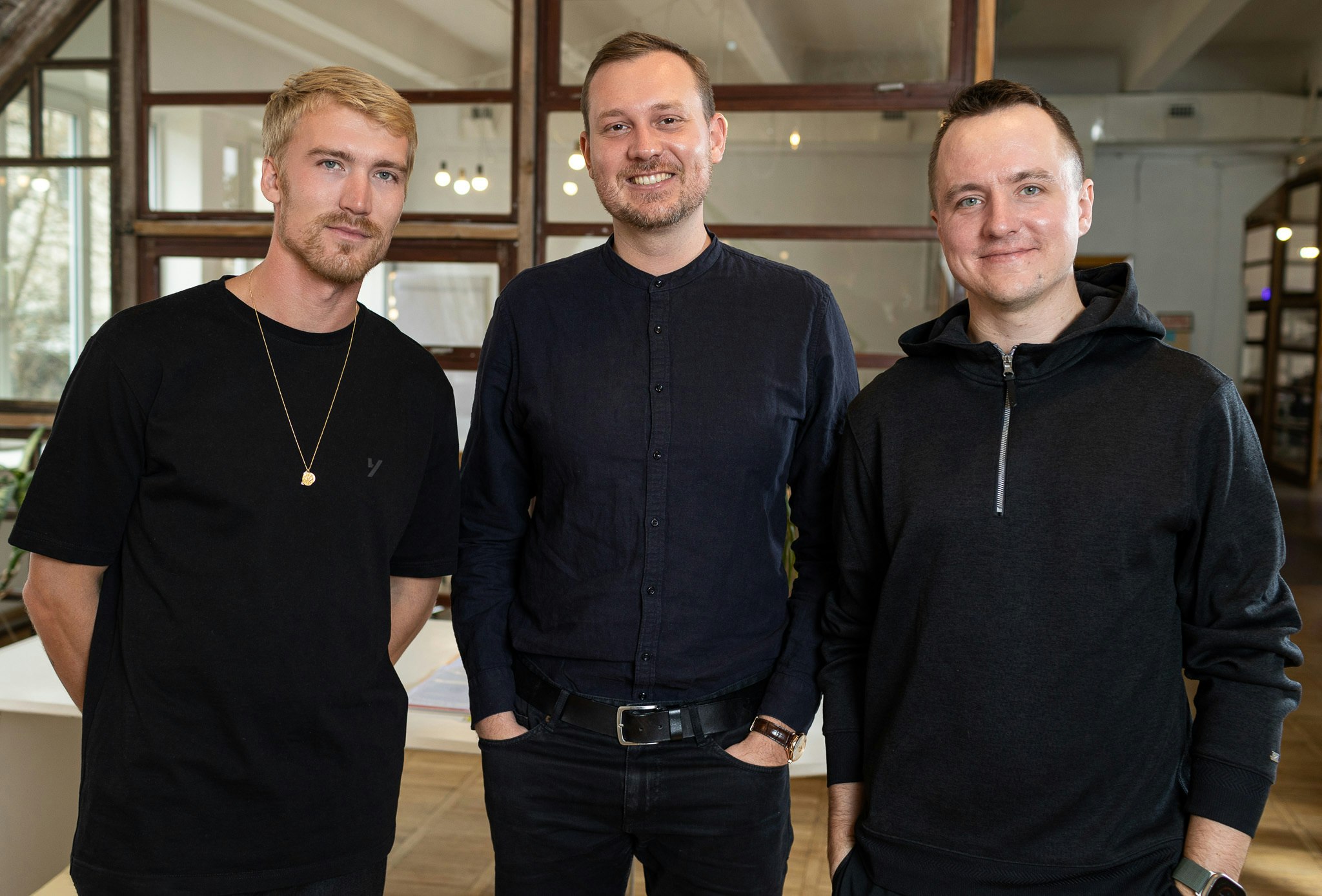Until recently, I’d never — knowingly — interviewed a founder who was under the influence of psychedelic drugs.
That changed when I spoke to Ben. Earlier that day, Ben (who wanted to remain anonymous) had taken magic mushrooms — something he does three to four times a week.
“It gives me mental agility and an ability to take the hits of startup life,” he tells Sifted. “I become far more pragmatic and my clarity of thought is infinitely better.”
Ben is one of a growing number of UK-based startup founders, investors and operators who regularly take small quantities of magic mushrooms — known as microdosing — to treat mental health problems and improve their performance at work.
Psychedelics on the startup scene aren’t new — tech workers in Silicon Valley have been microdosing for years — but it's now more common this side of the Atlantic, too.
“It’s becoming more prevalent,” says Ben. “It's definitely not shocking anymore if someone says ‘I'm eating magic mushrooms on a regular basis’.”
Hockeystick performance
Ben began taking magic mushrooms two years ago after a period of deep depression.
“I went through a bad mental health phase. I had a therapist for two years and used selective serotonin reuptake inhibitors [SSRIs — a type of antidepressant],” he says. “A lot of this stemmed from being a founder.”
But therapy and antidepressants “weren’t hitting the mark”, he tells Sifted. After listening to a podcast featuring a university professor who specialised in psychedelic drug use for depression and anxiety, Ben decided to try microdosing.
One morning, he took a full dose of magic mushrooms — which contain the psychoactive compound psilocybin — and saw his outlook on life “shift almost overnight”. Ben then began taking smaller amounts regularly.
“My depression very quickly disappeared — enabling me to come off SSRIs,” Ben says. “My startup’s performance hockeysticked in terms of revenue from that month onwards.”
The regular small doses of magic mushrooms stopped Ben from second-guessing himself and worrying about decisions he’d already made, he adds. “Before that, because of the stress, I couldn’t properly manage the team.”
The rise of microdosing
Microdosing is usually defined as taking between 5-20% of a typical dose of magic mushrooms — a small enough dose to avoid the visual and physical effects of a ‘trip’.
Microdosers tend to take magic mushrooms a few times a week with days off, for weeks or months at a time — which is called a “course”.
Ben became aware of founders turning to magic mushrooms to navigate the strains of startup life in 2022. “I’ve been a founder for 20 years — back then I heard nothing about microdosing. 10 years ago I heard nothing. In the past two years, I’ve started to hear quite a lot about it.”
Founder and angel investor Oliver (also not his real name) started microdosing a year ago and does a course of magic mushrooms every three months, he tells Sifted. Like Ben, he turned to the drug after finding antidepressants weren’t helping and saw positive results.
“[After starting the first course] almost instantly my world changed — I felt lighter and happier,” Oliver tells Sifted. “Especially as a founder, you’re constantly pushing and navigating, there's a lot of anxiety. I just felt I could take on things, I felt I could do things.”
In the past 12 months he’s noticed a shift in how microdosing is perceived on the UK startup scene. “When I brought it up a year ago when I started, it wasn't very well received. I’ve noticed in the last six months that people can talk about it more.”
In that time he’s been diagnosed with bipolar disorder, and turns to microdosing when he finds himself in a “depressive episode”. “It’s a brilliant way for me to come out of it,” Oliver tells Sifted.
Angel investor Mark (another pseudonym) — who “dabbles” in microdosing every now and then to help with social anxiety — has also seen the mood music around magic mushrooms change in recent times. The drug wasn’t so accepted by the startup sector when he started taking it three years ago, but “people are less scared of it now”, he says.
Part of the rise in microdosing among the startup community is down to founders looking for ways to manage the pressures of running a startup, says Oliver.
“I know a lot of founders that struggle with depression, and I know a lot that are genuinely ill, working 13-14 hours a day and not looking after themselves,” he tells Sifted. “That means people try lots of different things to reduce symptoms.”
According to a recent survey Sifted carried out with 156 founders, 45% said that their mental health was either “bad” or “very bad”.
Does microdosing work?
Despite rising acceptance of the drug in some circles (including the upper echelons of British society), across much of Europe, magic mushrooms are illegal. In the UK they’re considered a “Class A” drug, which brings the most severe penalties for possession and supplying.
While there’s a growing interest among the scientific community in researching their effects, at the moment, clinical evidence for its efficacy is mixed.
One recent study suggested that microdosing can decrease levels of depression and stress, while another found that microdosers demonstrated greater improvements in mood and mental health compared to non-microdosers over a month. Both of those studies were analysing self-reporting participants, which critics would point out can lead to confirmation bias.
One of the few studies conducted under double-blind conditions — meaning the participants didn’t know whether they were given the drug or a placebo — found that some did experience improved brain function, but only those who guessed which group they were in.
But scientific research into microdosing is in its early days — and there is a growing body of evidence to suggest that taking full doses of magic mushrooms can have positive effects on brain function. One trial found that taking psilocybin could be as effective as SSRIs at treating depression.
Oliver hopes that more research will begin to open people’s minds to the benefits of microdosing — but it’s not without its potential side effects, he tells Sifted.
“There are cases of people taking mushrooms and feeling anxious,” Oliver says. “When you first start taking them it can feel like you’re on a different planet. Lights are brighter, objects are more enhanced. It can be a mindfuck to begin with.”
Self-administering doses can also lead to taking too much. After having a higher dose than usual one morning, Oliver found himself in a meeting feeling dizzy and like his hands were going numb.
“As with any drug, you have to be sensible and assess whether it's working or not and take responsibility for that,” he says. “You are putting a foreign object into your body. Whilst it's natural, it's always going to elicit a reaction.”
It can be a “fine line between what is microdosing” and what’s going to cause psychoactive effects, says Ben. “If the lines on your desk are moving, you’ve overdone it.”
Future of microdosing
But the longer-term benefits outweigh the side effects of microdosing, says Ben, who adds that he’s “heard nothing but positive things from everyone I have spoken to about it.”
That will, he thinks, eventually lead to less stigma around microdosing. “When there’s that many ambassadors, ultimately it’s going to have clout within society,” he says.
The tech world is also wising up to commercial opportunities in the field. In recent years a number of startups have emerged researching and building products around psychedelic drugs to treat mental health and improve performance.
At the moment, though, there’s still anxiety among microdosing founders and tech workers towards being totally candid about their use of magic mushrooms, says Oliver. There’s an “apathy towards microdosing” from some investors, and founders are worried about how that perception will affect their ability to raise funds.
As an investor, Oliver says he would be concerned if someone he was considering backing was taking larger doses of magic mushrooms and doing it because “they liked the high”.
But he argues there are safe and productive ways to take magic mushrooms — and says the drug could help tackle the ongoing mental health crisis among founders. “Founders who are depressed are more of a risk to investors' money than those who microdose.”


